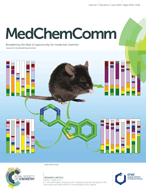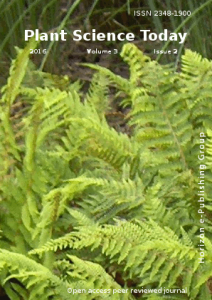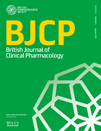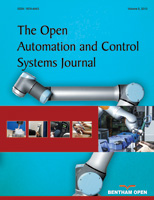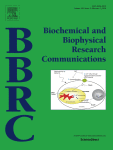

Did you know there is a black market for scientific papers? Unfortunately, there is a growing trend of authors purchasing a spot on the author list of papers-for-sale – and the better the journal, the higher the price. This worrisome trend has been on the minds of Peggy Mason at the University of Chicago and Maria Sol Bernardez Sarria of Yale University, formerly associated with the Ethics Committee of the Society for Neuroscience, which publishes the Journal of Neuroscience (Mason as Chair from 2013 to 2015, and Bernardez Sarria as assistant). In this capacity, they regularly scanned several websites and journals for ethics-related information, and developed an approach that might give away sold authorship. Continue reading 7 signs a scientific paper’s authorship was bought
 No country is immune to misconduct — but some are being more proactive than others.
No country is immune to misconduct — but some are being more proactive than others.

